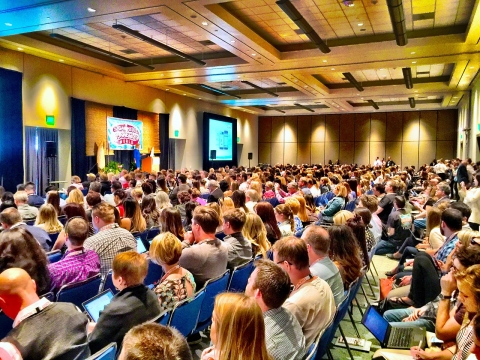
EXCITING NEW COURSES IN THE SPRING SEMESTER

Miyabi Goto, “Tokyo, Its Cinematic Landscape” JPTR 3559-002/5559-002. Thursdays 3:30-6:00 Shea House 211
This course considers "Tokyo" as a collection of moving images and traces its cinematic development from the immediate post-WWII period. Various films were produced in Tokyo, capturing it's negotiation as a modern, metropolitan, imperial, political, cultural, economic capital. In some films, Tokyo is an eloquent narrator, while in some others, prosaic describer. The course will cover documentary, fiction, animation, among others, and contemplates various modes of story-telling enabled by moving images.
Yupeng Kou, “Chinese Language and Culture: Basics and Beyond” CHTR 3559-002. Mondays 3:30-6:00 Dell 02 102
Welcome to a journey that is fully loaded with inspirational discoveries! Exploring language and culture always brings you excitements in ways you can never imagine. In today’s world, cross-cultural communication brings together individuals from different backgrounds, and international cooperation happens in all kinds of businesses. In these processes, China contributes to the formation of people’s global perspectives with philosophies that are closely related to Chinese language and culture. This seminar is intended to let you enjoy the process of developing interests in topics about Chinese language and culture, help you find answers to questions you may have about this subject, and promote your intercultural views upon cultural/societal issues.
Mark Metcalf, “Winning the Argument - Philosophical Disputation and Political Persuasion in Early China.” CHTR 3559/5559. Tuesdays 3:30-6:00 NCH 389
The Spring & Autumn and Warring States eras (1st millennium BCE) were arguably the most volatile periods in early Chinese history. As the social situation became increasingly unstable, various specialists proposed a range of philosophical, political, and military solutions for putting an end to the chaos. A crucial element to their success was an ability to convince others of the correctness of what they were proposing. This course analyzes writings from this period to consider:
- The views of key Chinese thinkers (such as Confucius, Laozi, Zhuangzi, and others) regarding the appropriate and inappropriate uses of speech.
- The distinctive rhetorical approaches used by these philosophers to argue their positions.
- The persuasive techniques adopted by military & political advisors of the period; methods that allowed them to provide straightforward guidance to rulers without (literally!) losing their heads.
Class will meet on Tuesday afternoons from 3:30-6:00pm. Active participation in classroom discussions will be expected and four 5-page essays (or one Capstone paper) will be assigned during the semester. Contact the instructor, Prof. Metcalf (mmetcalf@virginia.edu), for further information.